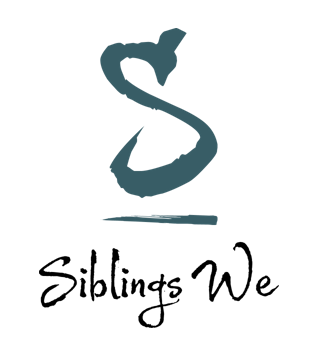Myra here.
We are delighted to dedicate our Wednesdays to featuring nonfiction titles, as per usual. We would also be linking our nonfiction choices with our reading theme throughout the year, when we can.

This year, we hope to feature books that fit any of the following criteria:
-
Postcolonial literature and/or [pre/post] revolutionary stories
-
Stories by indigenous / first-nation peoples / people of colour
-
Narratives of survival and healing, exile and migration, displacement and dispossession
-
Books written or illustrated by people who have been colonized, oppressed, marginalized

Stacey’s Extraordinary Words (Amazon | Book Depository)
Written by Stacey Abrams Illustrated by Kitt Thomas
Published by: Balzer & Bray / Harperteen (2021) ISBN: 0063209470 (ISBN13: 9780063209473) Borrowed via Overdrive. Book photos taken by me.
I did not know about Stacey Abrams, American politician who is the Democratic nominee for Governor in Georgia, until I read this story. This picturebook depicts a snapshot of her childhood, which began with her remarkable love for words – so much so that she keeps a notebook of newly-discovered words and what they mean.

There were also many things that made even more sense when the reader gets to the Author’s Note where Stacey Abrams shared how she skipped a grade, which made her feel somewhat isolated from the rest of her classmates. This feeling of being different, very common among high ability learners / gifted children, made her turn even more to words and books and reading.
The story took a turn when Stacey’s teacher chose her and one other classmate, Jake, as the school’s representatives for a Spelling Bee contest. While excited about this opportunity, Stacey was also a bit apprehensive because Jake was not her friend. In fact, he’s a bully who uses words to hurt other people like Stacey’s friends.

I loved seeing Stacey’s unflagging sense of purpose, her remarkable sense of determination to know as many words as possible in preparation for the Spelling Bee.

Yet, the story is also a reminder that the final outcome of a single competition does not determine one’s fate; in fact, it may only serve as the beginning of a lifelong affair with words: and the many ways they can be used – not just to win a contest, but to do good for others. This is a story I will definitely be sharing in my upcoming conference presentations. Another prime example of how literacy is valued differently by people of color: words as a form of deliverance – not just for one’s self but to be used to help out other vulnerable people. How extraordinary, indeed.

#DecolonizeBookshelves2022 Update: 79 out of target 100
August 10, 2022 at 06:31AM Myra Garces-Bacsal


